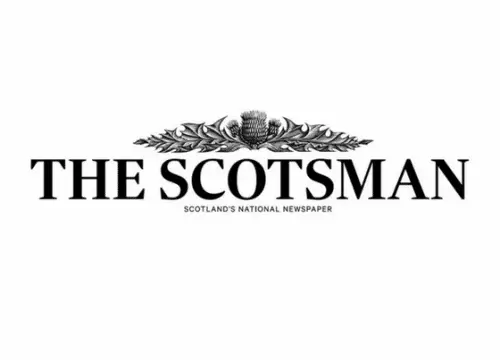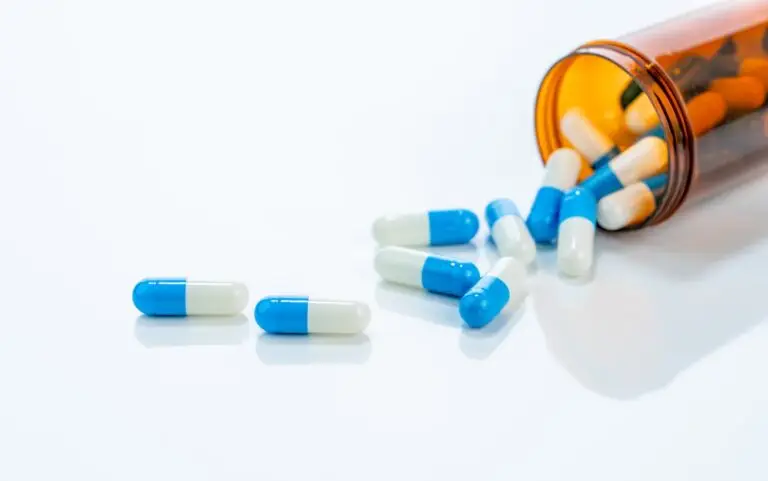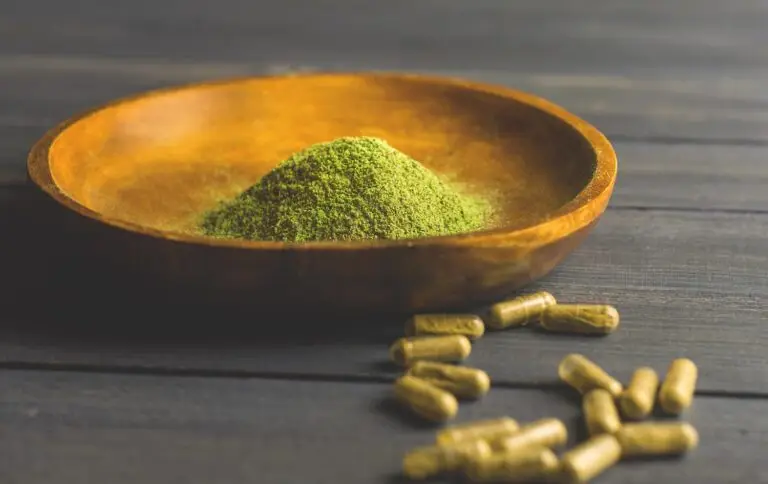If I was There Now, Those Kids Would be Saved
Published on "Scotman" – Scotland's National Newspaper
AURA ROBERS speaks to an Israeli specialist in treating heroin addiction who wants to tackle youth drug problems is Scotland.
An ISRAELI expert in treating heroin addiction claims his radical methods could help Scotland tackle its growing problem of child drug dependency, by “fighting the illness and not the patient”.
Dr. Andre Waismann heard about a horrifying case of an 11 year-old girl found unconscious in a Glasgow classroom when he read the online version of The Scotsman. Now he wants to offer his skills to medics-and is insistent he can reverse addiction.
He claims that, with his treatment, child addicts could be back at school in three of four days with no physical cravings for the drug. He says: “If I was in Scotland now and if people listened to what I had to say those children would be saved.”
“I feel sorry when I read the article about your country because there is tragedy everywhere. These children will fall into problems. In five years time they will find themselves in crime and prostitution with AIDS and hepatitis because they have no way out. Society is not offering them a safe and humane way out.”
Police figures show at least 70 Scottish schoolchildren were arrested for drug dealing last year. The included ten aged 15 or under caught dealing heroin in fife and 14 under -16s in Lothian and Borders. Experts from the Centre for Drug Misuse Research at the University of Glasgow believe there were up to 60 children who had used heroin by age 12 in 2004. Professor Neil McKeganey, from the centre, says: “At the moment, hardly any of our drug treatment services would be appropriate for an 11 year old heroin user”.
Waismann, who had treated almost 9,000 people worldwide for heroin addiction, maintains heroin addiction is a neurological illness rather than a psychological affliction. With this in mind, he claims he ca eliminate the symptoms of heroin cravings within four hours and a hospital stay of a day and a half.
He says: “All treatments available for heroin are 50-60 years old. It is the only field in medicine that hasn’t changed in that time. The first thing they have done is to isolate those people from society creating rehab and detox centers outside mainstream medicine.”
Waismann believes heroin addicts should be treated by physicians rather than social workers and psychiatrists. He uses a drug called Naltrexone, which “blocks” the opiate receptors in an addict’s brain and prevents the physical symptoms of heroin craving. The medication is similar to the stimulants used by anesthetists to wake patients up after operations. Going could turkey does not destroy these receptors, which are created by taking the drug in the first place, which Waismann argues, explains why 96 percent of heroin addicts relapse. He says: “The old methods of treatment of heroin addiction, long term methods of psychological treatment, cannot reverse the dependency because they cannot reverse the receptors. It’s like trying to treat diabetes or an ulcer with psychological therapy.
“Those children in Glasgow they could be treated and in three days they could be back in school. That’s it. Without craving and without dependency. With 50 children I can teat four a day, depending on the set up”.
In 1995 Waismann treated 280 people in three days, in a project with the Vatican. He adds: “The patient arrives in the morning at the hospital and goes through clinical and laboratory screening. We do a light anesthesia for four hours and give opiate antagonists, a medication to clean the receptors from heroin.
“I am a person with an average IQ. I am not a professor who has had to research this whole life. Everything I do is text book of medicine. The only thing is I have a lot of experience. It is a struggle to convince policy makers not to fight the patient but to fight the illness.”
“To fight the illness is to give effective treatment using modern medicine. Not giving guilt to patients and judging and condemning them.”
“Society will pay a very high price for this historical mistake. So bring those patients back to general hospitals. Give them good medicine. Fight the illness and not the patients. The justice system is not the answer.”
Meanwhile, drugs experts in Scotland are critical of Waismann’s skepticism of the validity of psychiatric treatment for heroin addicts. David Liddell, director of the Scottish Drugs Forum, says: “Young people who develop a drug problem need intensive emotional support as an integral part of any treatment and the simplistic solution offered here will not provide that. Naltrexone only worked for opiate (heroin) users. Therefore the risk with such a treatment is that if the underlying causes are not deals with the young person may simply switch their drug use to other substances, which are not blocked by Naltrexone such as amphetamine, cocaine or benzodiazepines.”










